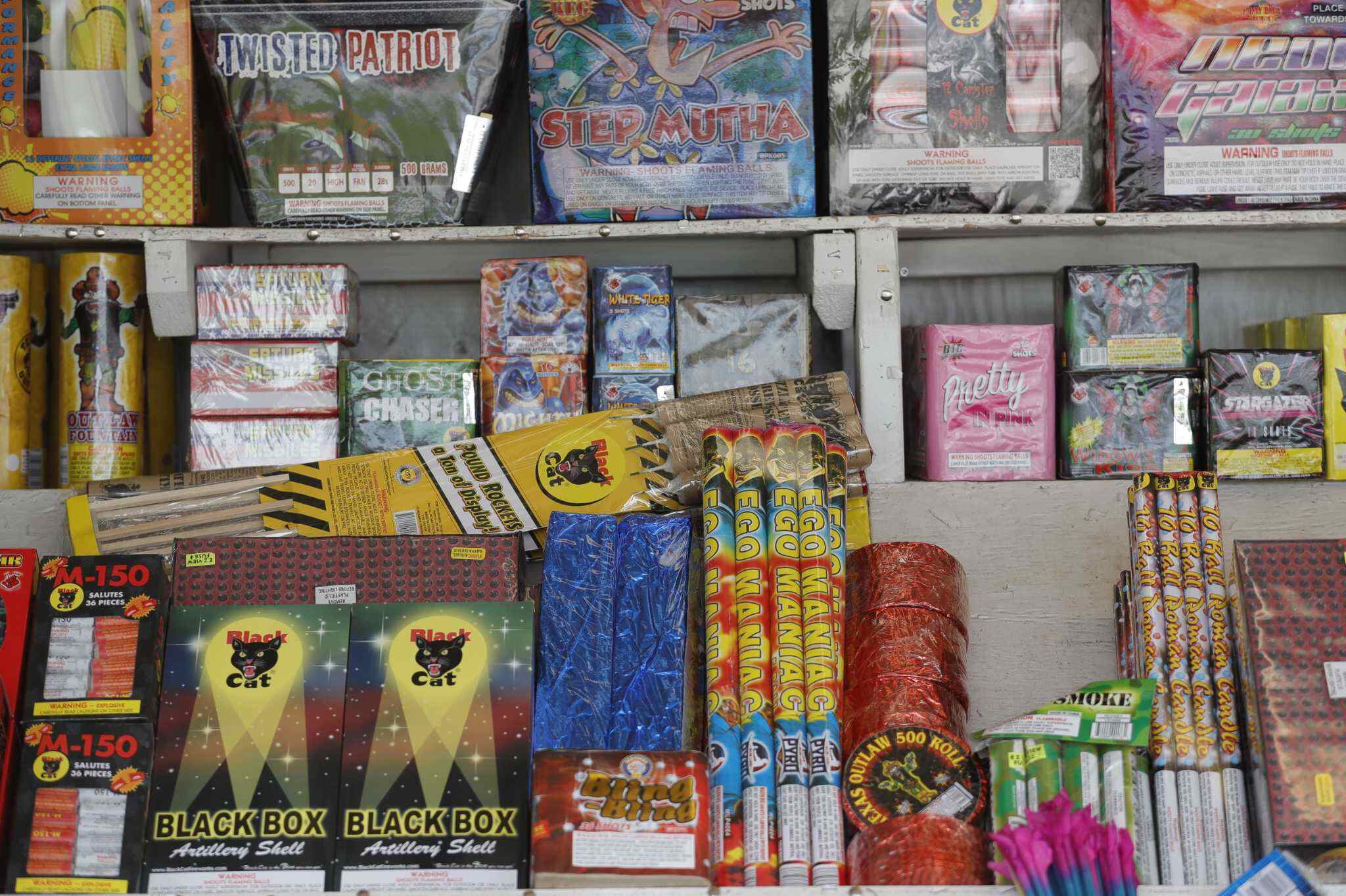

Articles
How To Store Fireworks Safely
Modified: January 7, 2024
Learn how to safely store fireworks with our informative articles. Stay safe and prevent accidents with our expert tips and guidelines.
(Many of the links in this article redirect to a specific reviewed product. Your purchase of these products through affiliate links helps to generate commission for Storables.com, at no extra cost. Learn more)
Introduction
Welcome to the exciting world of fireworks! Whether you’re planning a dazzling display for a special occasion or simply love the thrill of lighting up the night sky, it’s essential to prioritize safety at all times. Storing fireworks safely is a crucial aspect of ensuring that your pyrotechnic adventures remain enjoyable and free from accidents.
In this article, we’ll dive into the key considerations for storing fireworks in a way that minimizes risks and maximizes fun. From choosing the right storage location to organizing fireworks to prevent accidents, we’ll cover everything you need to know to keep yourself and others safe.
Before we delve into the specifics, it’s important to note that fireworks are potentially dangerous if not handled with care. Always check local laws and regulations regarding the purchase, storage, and use of fireworks in your area. This will help you comply with any restrictions and ensure that you’re taking the necessary precautions.
With that in mind, let’s explore the world of firework storage and how you can ensure the safety of both yourself and those around you.
Key Takeaways:
- Prioritize safety by choosing a well-ventilated, secure storage location away from heat sources and flammable materials to ensure fireworks remain safe and ready for use.
- Organize fireworks by type, maintain regular inspections, and securely lock the storage area to prevent accidents and unauthorized access, ensuring a fun and safe pyrotechnic experience.
Read more: How To Store Fireworks
Understanding Firework Safety
Before diving into the specifics of storing fireworks, it’s crucial to have a solid understanding of firework safety. Fireworks are explosive devices that contain a combination of chemicals and materials, which, when ignited, create stunning visual effects and loud sounds.
One of the most important aspects of firework safety is recognizing that these devices can cause serious injuries if mishandled or used improperly. Common injuries associated with fireworks include burns, eye injuries, and even amputations. Understanding the risks involved will help you approach firework storage with the necessary caution.
It’s also crucial to educate yourself on the different types of fireworks. Classifications may vary depending on your country or region, but generally, fireworks are divided into categories such as aerial fireworks, ground-based fireworks, and novelty items. Each category has its own specific hazards and storage requirements, so it’s important to familiarize yourself with these details.
Furthermore, it’s essential to know how fireworks should be handled and used. This includes learning how to properly light a firework and understanding safety distances to ensure that you and others are at a safe distance when the fireworks are ignited.
Finally, always prioritize the safety instructions provided by the firework manufacturer. These instructions will outline important details such as how to hold the firework, the recommended launch angle, and any specific storage guidelines. Familiarize yourself with these instructions to make informed decisions when it comes to storing fireworks.
Having a solid understanding of firework safety sets the foundation for safe storage practices. Now, let’s move on to the specific considerations for storing these explosive devices to ensure both the safety and longevity of your fireworks.
Choosing the Right Storage Location
When it comes to storing fireworks, selecting the appropriate storage location is crucial for both safety and security. Here are some important factors to consider:
- Well-ventilated area: Choose a storage area that is well-ventilated to prevent the buildup of fumes and gases. This is especially important for protecting the integrity of the fireworks and reducing the risk of accidental ignition.
- Away from flammable materials: Keep fireworks away from flammable substances like gasoline, propane tanks, and other combustible materials. Choosing a storage location that is free from these hazards will help minimize the risk of fire accidents.
- Secure and locked: Ensure that the storage area is secure and can be locked. This will help prevent unauthorized access, protect against theft, and minimize the risk of accidental ignition.
- Away from residential areas: It is advisable to store fireworks away from densely populated residential areas. Select a location that is far enough from homes, buildings, and public spaces to lower the risk of injuries or property damage in case of an accident.
- Away from heat sources: Avoid storing fireworks near any sources of heat, including furnaces, water heaters, or appliances that generate heat. Extremes in temperature can impact the chemical composition of fireworks and potentially lead to accidents.
Consider these factors when determining the best storage location for your fireworks. This will help ensure that your fireworks remain secure, protected, and ready for use when the time comes.
Ensuring Proper Firework Packaging
Proper packaging is essential for the safe storage of fireworks. The packaging not only protects the fireworks from damage but also helps prevent accidental ignition. Here are some guidelines to ensure proper firework packaging:
- Original packaging: Whenever possible, store fireworks in their original packaging. Manufacturers design the packaging to keep the fireworks secure during transportation and storage. It also includes important safety information and handling instructions.
- Sealed containers: If the original packaging is damaged or not available, transfer the fireworks into sealed containers designed specifically for firework storage. These containers should be sturdy and resistant to impact and puncture.
- Separate compartments: If storing different types of fireworks together, ensure that they are separated by compartments or dividers within the packaging. This prevents them from coming into contact with one another, reducing the risk of accidental ignition.
- Correct labeling: Clearly label all firework packaging with information about the type of fireworks contained inside. This will help identify the contents at a glance and ensure that they are handled and stored appropriately.
- Protective padding: Use padding materials, such as bubble wrap or foam, to cushion the fireworks within the packaging. This will help prevent damage during transportation and storage.
By ensuring proper firework packaging, you can protect the integrity of the fireworks and reduce the risk of accidents. Remember to always handle fireworks with care and avoid rough handling that could damage the packaging or the fireworks themselves.
Storing Fireworks Away from Heat Sources
Proper storage of fireworks includes keeping them away from heat sources to prevent accidental ignition and maintain their stability. Here are some important considerations when it comes to storing fireworks away from heat sources:
- Avoid direct sunlight: Sunlight can heat up the storage area and increase the temperature inside, potentially affecting the chemical composition of the fireworks. Store fireworks in a cool, shaded area to minimize the risk of heat exposure.
- Keep away from flames: Avoid storing fireworks near open flames, such as candles or fireplaces. Even a small flame can pose a significant risk of ignition if it comes into contact with the fireworks.
- Stay clear of heat-generating appliances: Keep fireworks away from heat-generating appliances like stoves, ovens, or radiators. These appliances can produce high levels of heat that could lead to the ignition of the fireworks.
- Secure distance from electrical sources: Ensure that fireworks are stored at a safe distance from electrical sources like electrical panels or outlets. Electrical malfunctions or short circuits can generate heat and potentially ignite the fireworks.
- Avoid areas with high humidity: High humidity can lead to moisture buildup, which can adversely affect the stability and performance of fireworks. Choose a storage location with low humidity levels to maintain the quality of the fireworks.
By storing fireworks away from heat sources, you minimize the risk of accidental ignition and help ensure the safety and integrity of the fireworks. Always prioritize the proper storage guidelines provided by the manufacturer to maintain the quality and performance of the fireworks.
Read more: How To Store Gasoline Safely
Keeping Fireworks Dry and Moisture-Free
Moisture can have a detrimental effect on the quality and stability of fireworks. To ensure that your fireworks remain in optimal condition, it is crucial to keep them dry and moisture-free during storage. Here are some tips to accomplish this:
- Choose a dry storage area: Select a storage location that is free from moisture and humidity. Avoid areas such as basements or areas prone to dampness, as they can promote condensation and moisture buildup.
- Use moisture-absorbing packets: Place moisture-absorbing packets or desiccants inside the firework storage containers. These packets help absorb any excess moisture in the surrounding environment, keeping the fireworks dry.
- Avoid exposure to water: Protect the fireworks from direct exposure to water. Ensure that the storage area is waterproof and free from any leaks that could potentially cause water damage.
- Avoid opening in humid conditions: Try to avoid opening the firework packaging in areas with high humidity. Moisture can quickly enter the packaging if opened in a humid environment, compromising the quality of the fireworks.
- Regularly inspect the storage area: Regularly check the storage area for signs of moisture, such as condensation or damp spots. If any moisture is detected, take immediate steps to eliminate the source and ensure the area is properly ventilated.
By keeping your fireworks dry and moisture-free, you minimize the risk of chemical degradation and maintain their stability. Moisture can negatively affect the quality and performance of fireworks, so it’s important to be diligent in preventing exposure to any excess moisture during storage.
Store fireworks in a cool, dry place away from heat sources and flammable materials. Keep them in their original packaging and away from children and pets.
Organizing Fireworks to Prevent Accidents
Proper organization of fireworks is essential to minimize the risk of accidents during storage. Here are some guidelines to help you organize your fireworks effectively:
- Categorize by type: Group fireworks together based on their type and category. This will make it easier to locate specific fireworks when needed and ensure that they are stored according to their specific requirements.
- Separate explosive and non-explosive fireworks: Keep explosive fireworks separate from non-explosive fireworks. This reduces the risk of accidental ignition and helps prevent any potential damage to the non-explosive fireworks.
- Label the shelves or containers: Clearly label shelves or containers to indicate the types of fireworks they contain. This will allow for easy identification and reduce the likelihood of mix-ups or mishandling.
- Store larger fireworks at the bottom: If you have fireworks of different sizes, store the larger ones at the bottom and lighter ones on top. This ensures stability and prevents smaller fireworks from getting crushed or damaged.
- Separate fireworks by launch method: If you have aerial fireworks that require launching devices, store the fireworks separately from the launch tubes or racks. This prevents accidental ignition and ensures that the launch devices are stored properly as well.
- Ensure proper spacing: Allow enough space between different groups of fireworks to prevent any potential accidental contact that could lead to ignition. Proper spacing also aids in easy access and reduces the risk of mishaps during retrieval.
By organizing your fireworks in a systematic and logical manner, you minimize the risk of accidents, facilitate ease of access, and ensure that each firework is stored correctly based on its specific requirements. Take the time to implement proper organization techniques to create a safe and efficient storage system for your fireworks.
Regular Fireworks Inspection and Maintenance
Regular inspection and maintenance of fireworks are crucial to ensure their safety and effectiveness. Here are key steps for keeping your fireworks in optimal condition:
- Inspect for damage: Regularly inspect each firework for any signs of damage, such as cracks, tears, or loose parts. If you notice any damage, discard the firework immediately, as it may be unsafe to use.
- Check expiration dates: Many fireworks have expiration dates to ensure their reliability and functionality. Make sure to check the expiration dates on the packaging and dispose of any expired fireworks.
- Store in a cool, dry place: As mentioned earlier, it is important to store fireworks in a cool and dry environment to maintain their integrity. Check the storage area for any changes in temperature or humidity that could potentially impact the quality of the fireworks.
- Keep firework labels intact: The labels on fireworks provide important safety instructions, handling guidelines, and other pertinent information. Ensure that the labels remain intact and readable to ensure safe and proper use of the fireworks.
- Inspect fuses and ignition systems: Check the fuses and ignition systems of your fireworks to ensure they are in good working condition. Replace any defective fuses or ignition systems to avoid potential ignition issues during use.
- Follow manufacturer’s recommendations: Always refer to the manufacturer’s instructions for any specific maintenance or inspection guidelines. They are best equipped to provide you with accurate information on how to properly care for and maintain your fireworks.
By conducting regular inspections and maintenance, you can identify and address any issues that may compromise the safety or performance of your fireworks. It is always better to err on the side of caution and dispose of or replace any fireworks that show signs of damage or have exceeded their expiration dates.
Securely Locking Firework Storage Area
Properly securing your firework storage area is essential to prevent unauthorized access, minimize the risk of theft, and ensure the safety of those around you. Here are some important steps to help you securely lock your firework storage area:
- Install sturdy locks: Choose high-quality locks that are specifically designed to provide secure protection. Opt for locks that are resistant to picking and tampering.
- Consider a lockable storage cabinet or container: If possible, invest in a lockable firework storage cabinet or container. These purpose-built storage solutions provide an added layer of security and help prevent accidental access.
- Restrict access: Limit access to the firework storage area to authorized individuals only. This can be done by providing keys or access codes only to trusted individuals who have undergone proper training in handling fireworks.
- Implement surveillance measures: Consider installing security cameras or alarms in the storage area to deter potential intruders and monitor any suspicious activity.
- Keep keys secure: Ensure that the keys to the firework storage area are kept in a safe and secure location. Keep them out of reach of unauthorized individuals.
- Regularly check for signs of tampering: Conduct regular inspections of the storage area to check for any signs of tampering or forced entry. Report any suspicious activities or security breaches immediately.
By securely locking your firework storage area, you can prevent unauthorized access and significantly reduce the risk of accidents, theft, or misuse. Remember, it is your responsibility to ensure that only authorized individuals have access to the fireworks, and that the storage area remains safe and secure at all times.
Read more: How To Store Money In A Safe
Firework Disposal Guidelines
When it comes to firework disposal, it’s important to follow proper guidelines to ensure both safety and environmental responsibility. Here are some essential guidelines to consider when disposing of fireworks:
- Check local regulations: Before disposing of fireworks, familiarize yourself with the specific regulations in your area. Different regions may have different guidelines and requirements for firework disposal.
- Douse with water: If the fireworks have not been ignited, douse them with plenty of water to ensure they are completely soaked. This will help render them inert and reduce the risk of accidental ignition.
- Do not attempt to relight or reuse: Never attempt to relight or reuse fireworks that have already been ignited or have malfunctioned. Haphazard handling of used fireworks can be extremely dangerous.
- Handle with care: Even when disposing of fireworks, handle them with care and avoid rough handling or throwing them into the trash. Treat them as if they are still potentially hazardous.
- Consult local authorities: In some cases, local authorities may provide specific instructions or designated locations for firework disposal. Reach out to your local fire department, waste management agency, or environmental services for guidance.
- Separate from regular trash: It’s important to separate fireworks from regular household waste. Contact your local waste management facility or check their guidelines for any specific requirements for firework disposal.
- Consider professional disposal: If you have a large quantity of fireworks or are unsure about the proper disposal method, consider contacting a professional and licensed hazardous waste disposal company for assistance.
- Do not bury or burn: Avoid burying or burning fireworks as a means of disposal. These methods can be highly dangerous and may violate local regulations.
Remember, the responsible disposal of fireworks ensures the safety of yourself, others, and the environment. Always prioritize following the proper guidelines and adhere to any local regulations to ensure a safe and environmentally conscious approach to firework disposal.
Conclusion
Storing fireworks safely is of utmost importance to ensure a fun and accident-free experience. By following the guidelines and practices outlined in this article, you can minimize risks and maintain the quality and integrity of your fireworks. From choosing the right storage location, ensuring proper packaging and organization, to keeping fireworks away from heat sources and moisture, each step plays a vital role in preventing accidents and maintaining their optimal performance.
Regular inspections and maintenance are essential to identify any potential issues and ensure that the fireworks are in good condition. Securely locking the storage area keeps the fireworks safe from unauthorized access and theft. And when it comes time to dispose of fireworks, it’s important to follow local regulations and guidelines to ensure safety and environmental responsibility.
Remember, fireworks are potentially dangerous and must be handled with care at all times. Always familiarize yourself with local laws and regulations regarding the purchase, storage, and use of fireworks in your area. Prioritize safety by reviewing manufacturer instructions, practicing responsible handling, and only using fireworks in designated and permitted areas.
By implementing these safety measures and treating fireworks with respect, you can enhance the enjoyment of your firework displays while ensuring the safety of yourself, others, and the environment. Have a fantastic time lighting up the night sky, and always remember to prioritize safety first!
Frequently Asked Questions about How To Store Fireworks Safely
Was this page helpful?
At Storables.com, we guarantee accurate and reliable information. Our content, validated by Expert Board Contributors, is crafted following stringent Editorial Policies. We're committed to providing you with well-researched, expert-backed insights for all your informational needs.
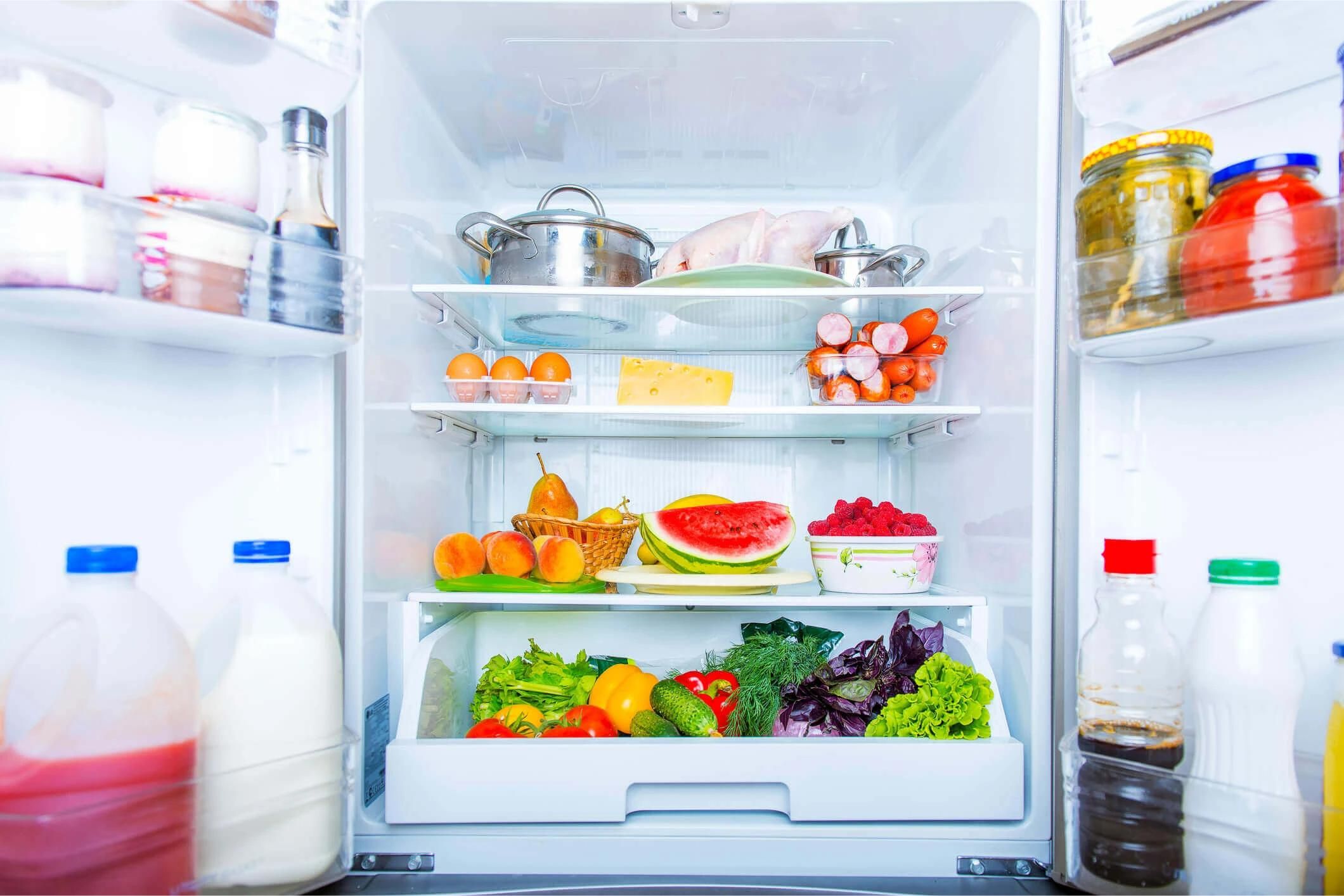
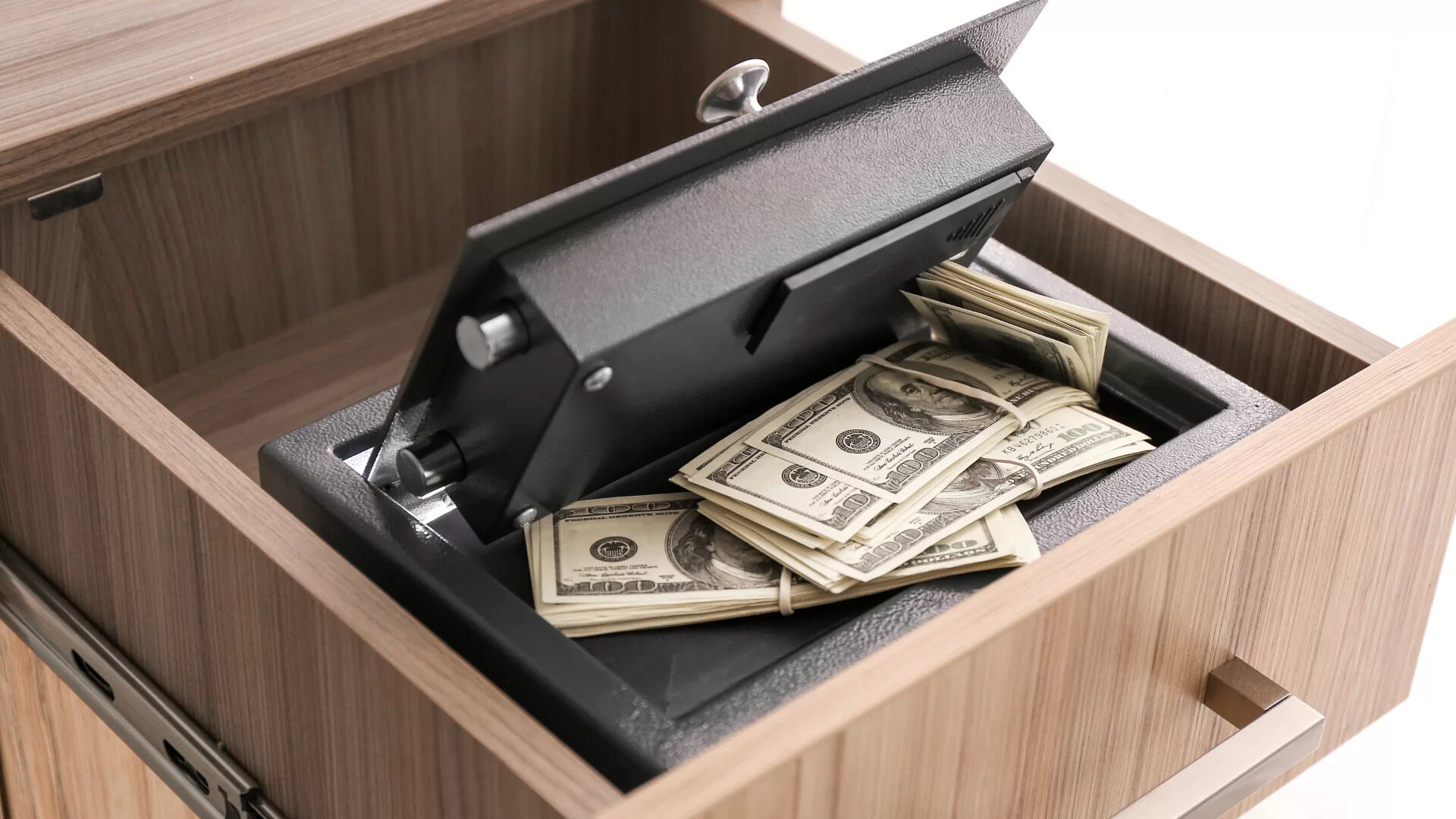
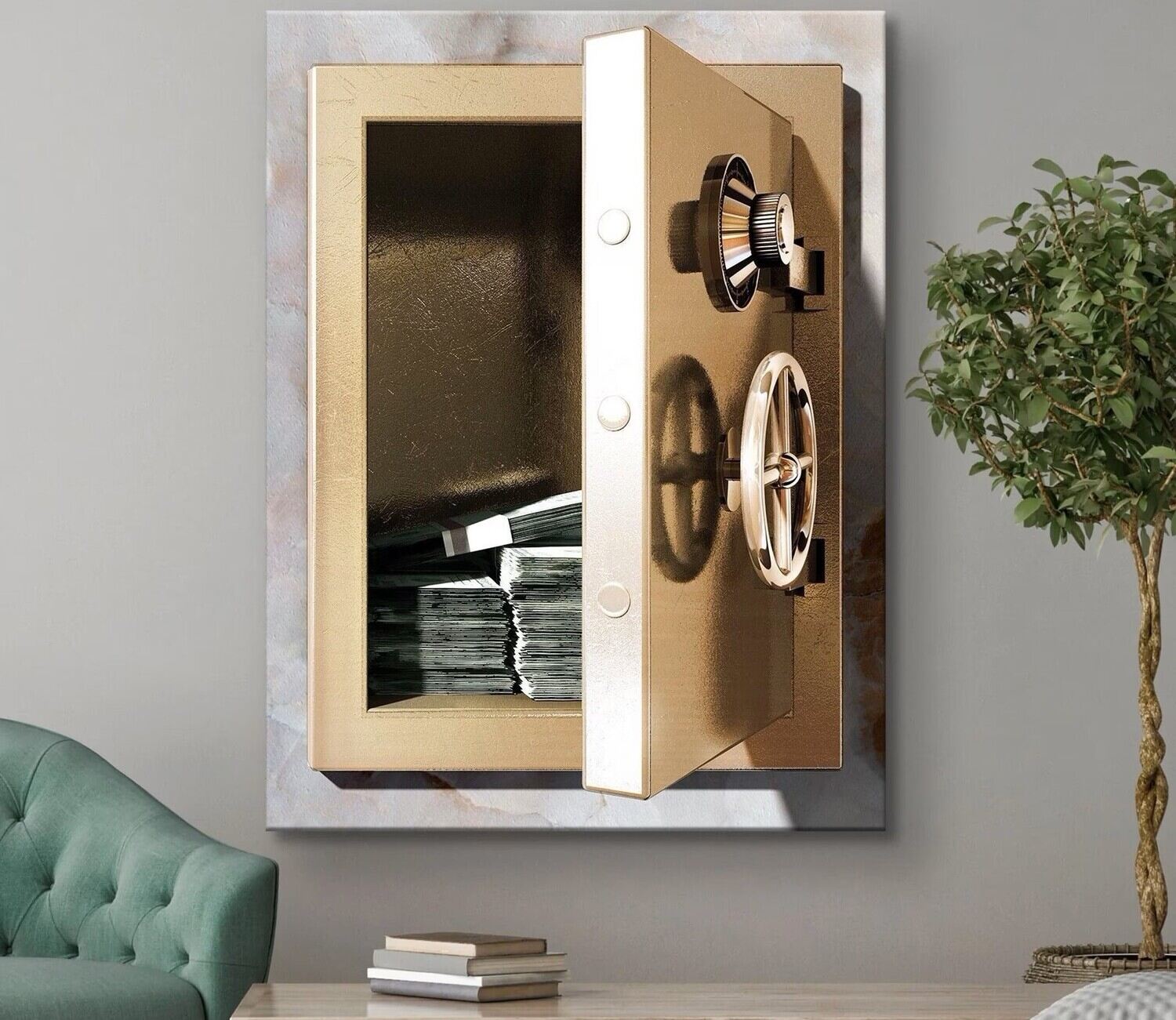
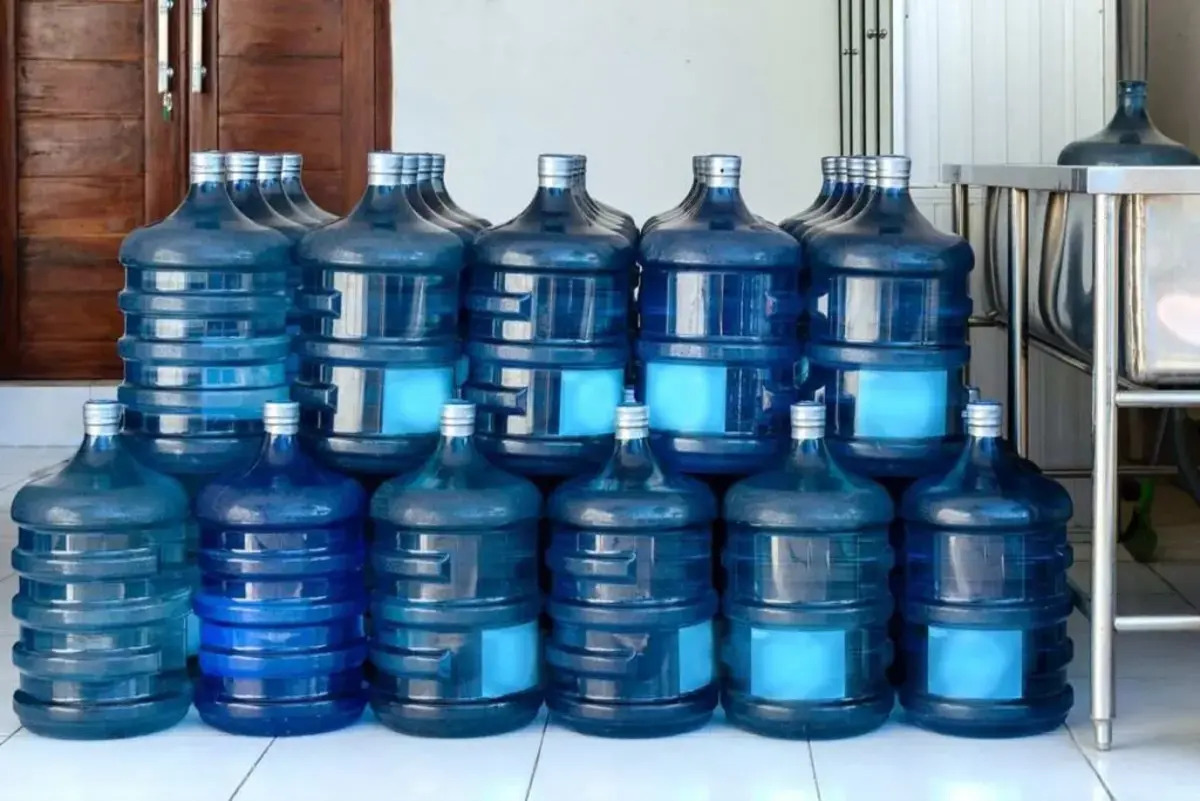
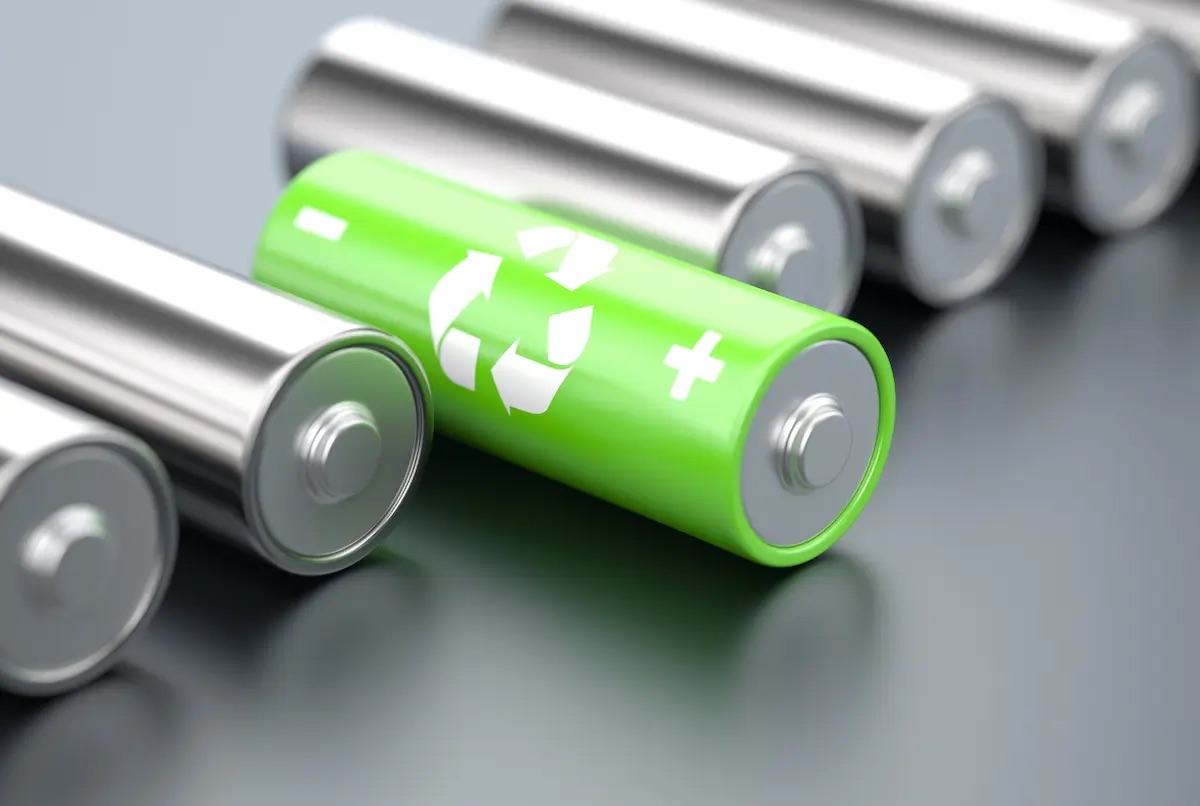
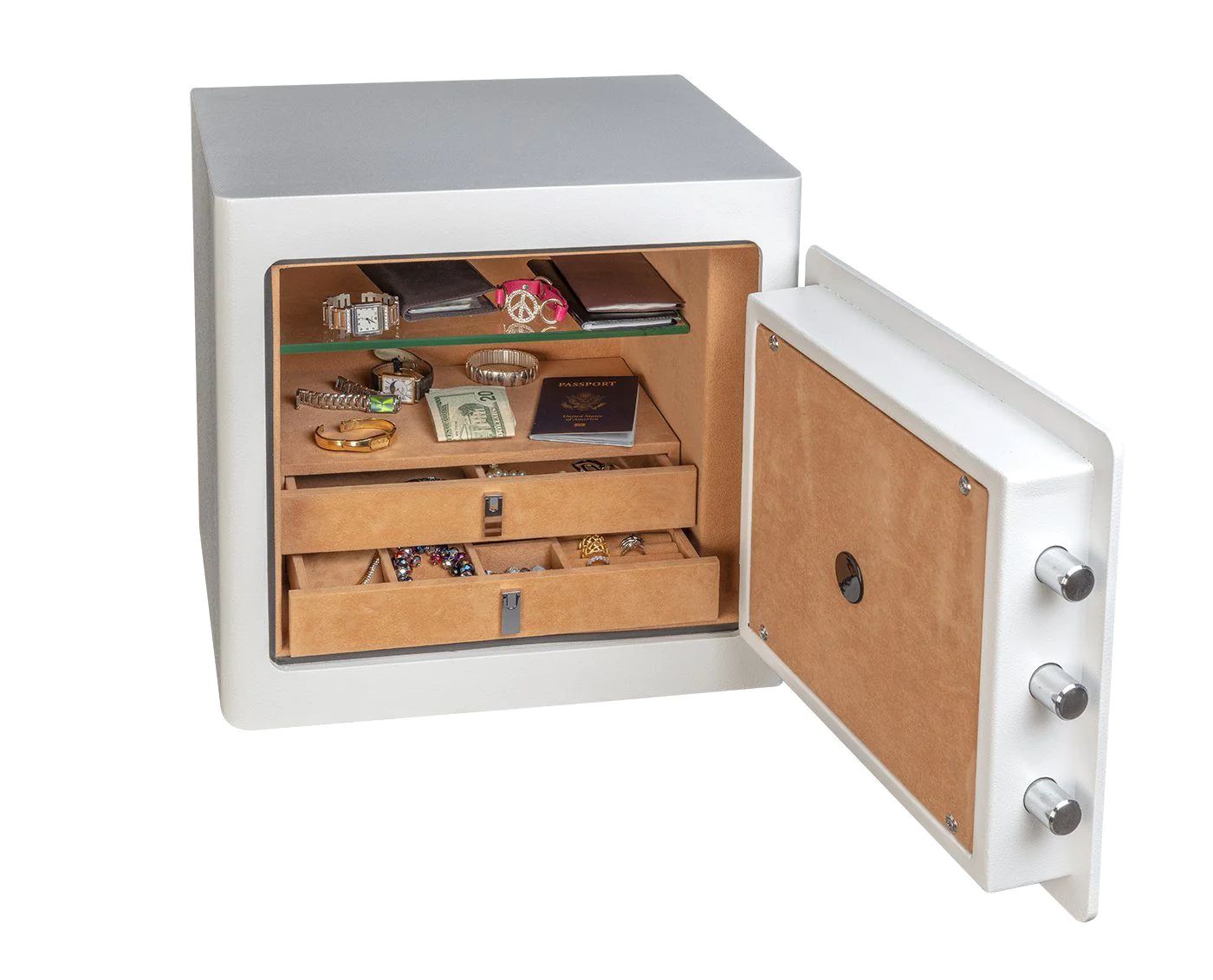
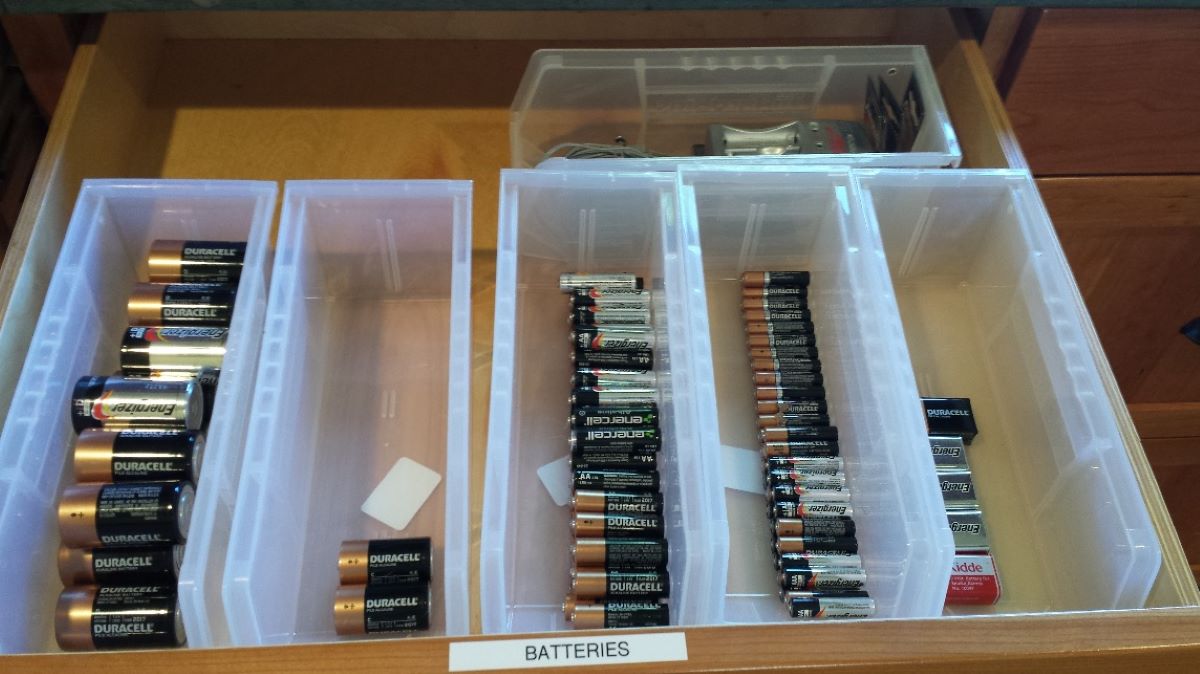
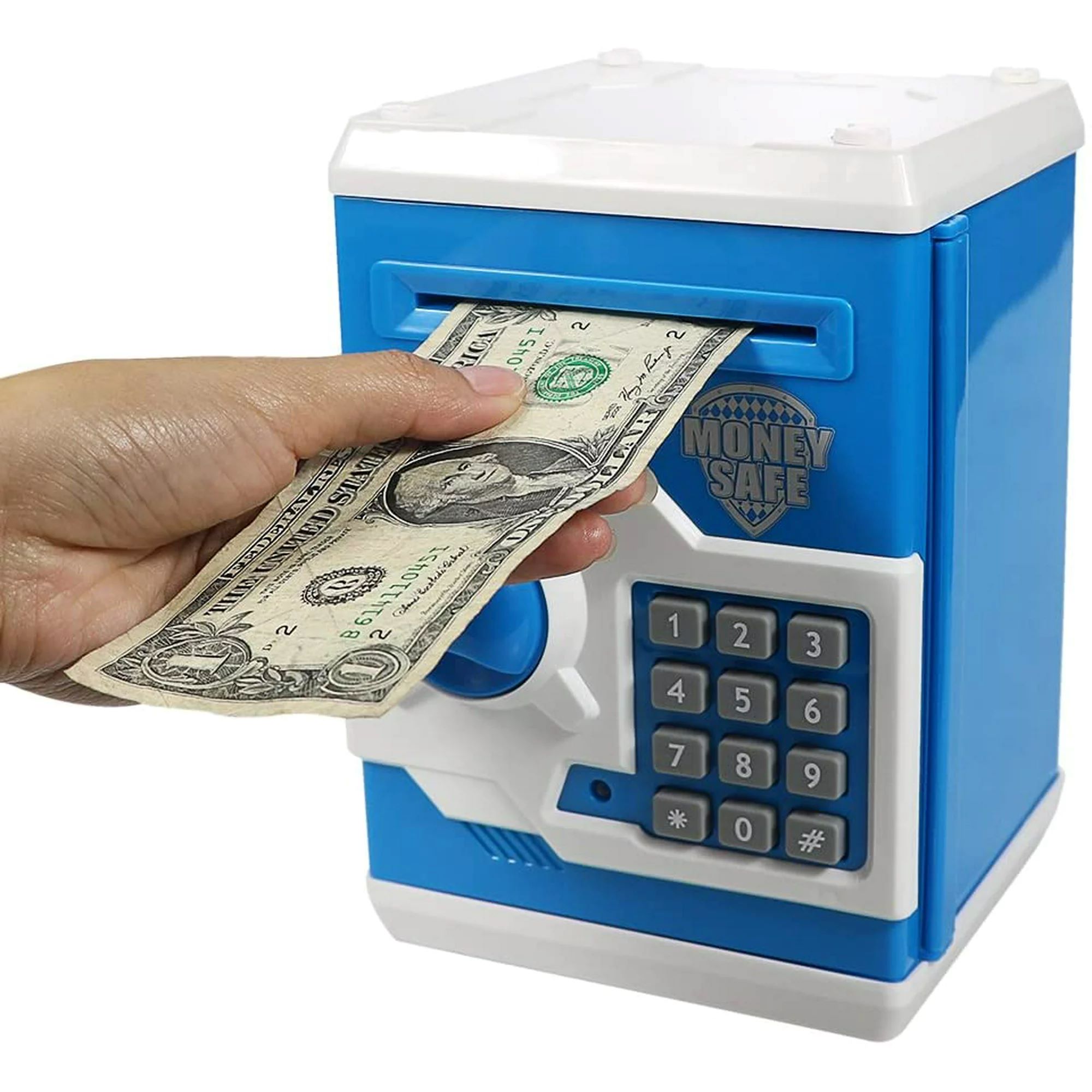


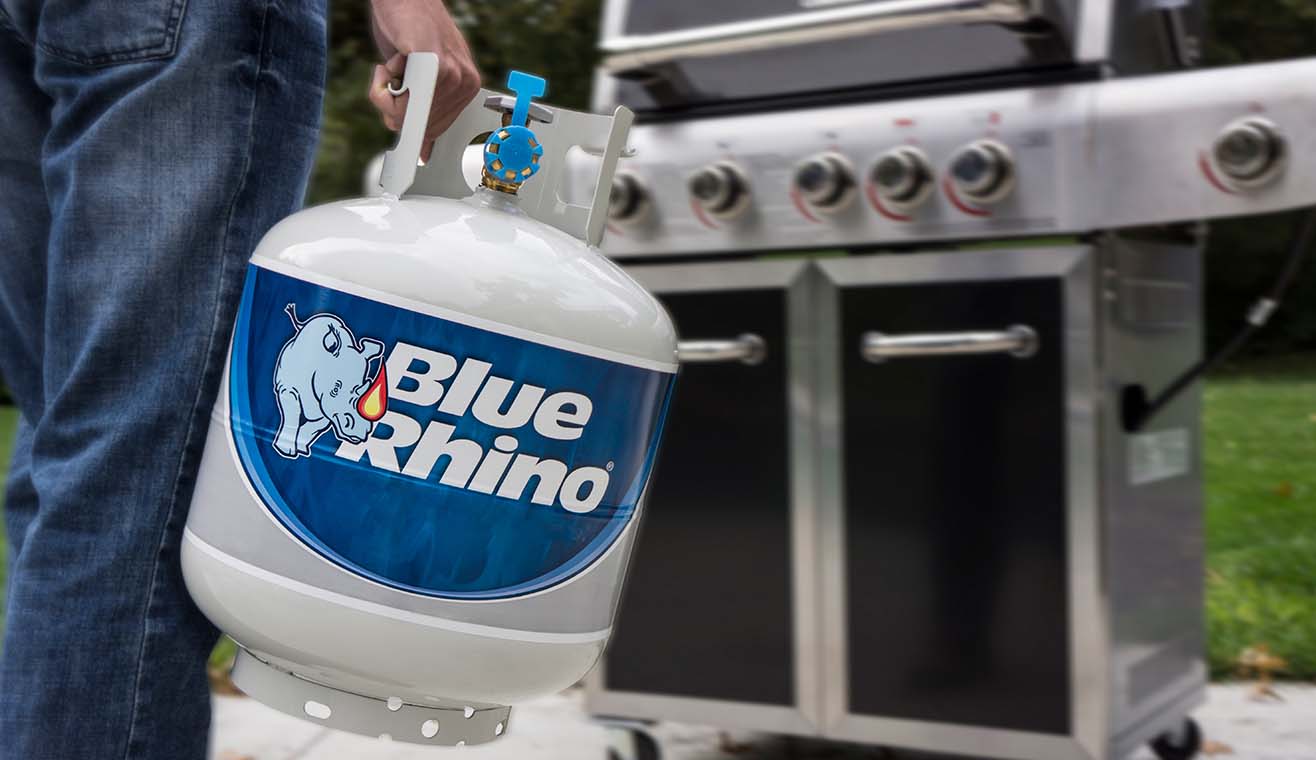
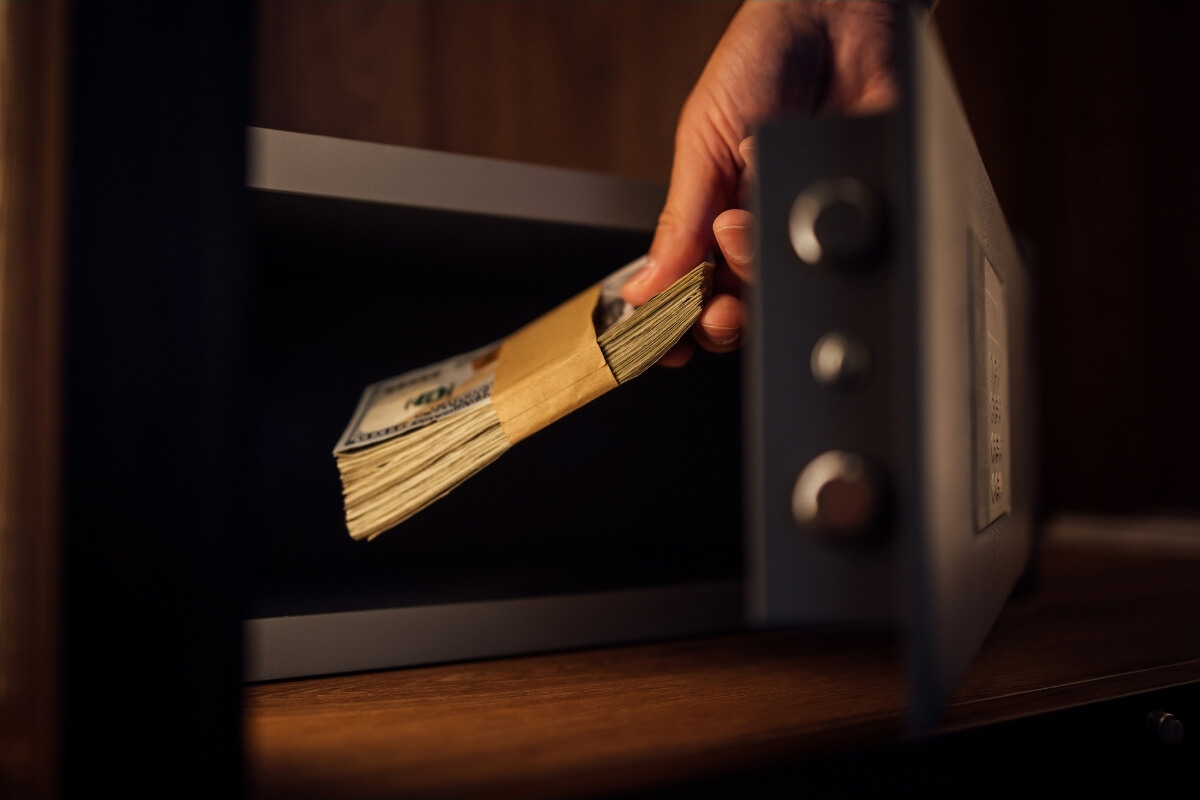
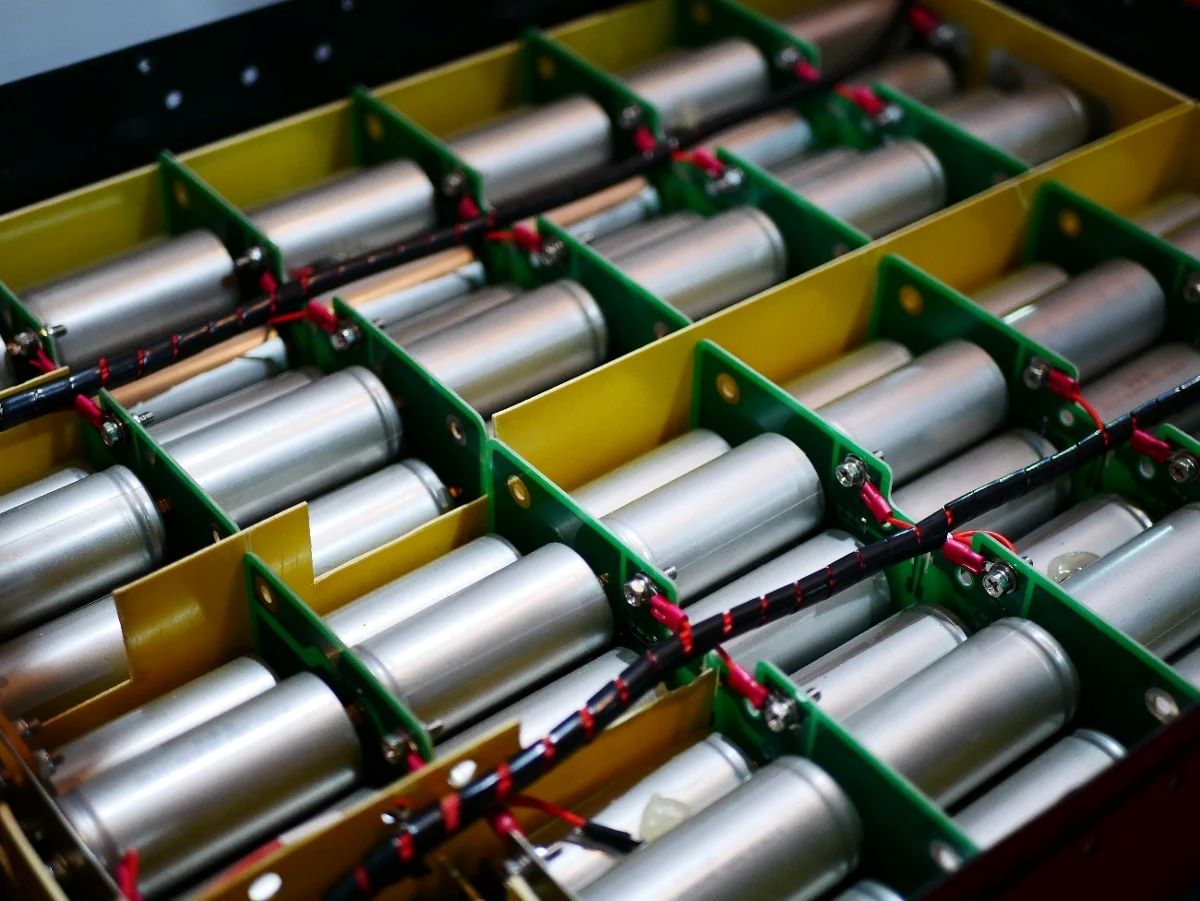

0 thoughts on “How To Store Fireworks Safely”